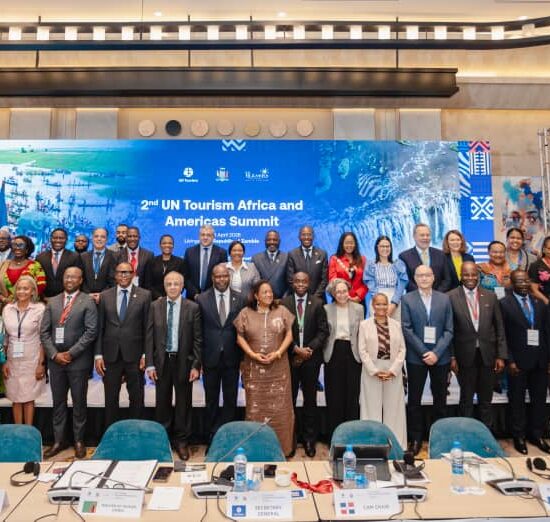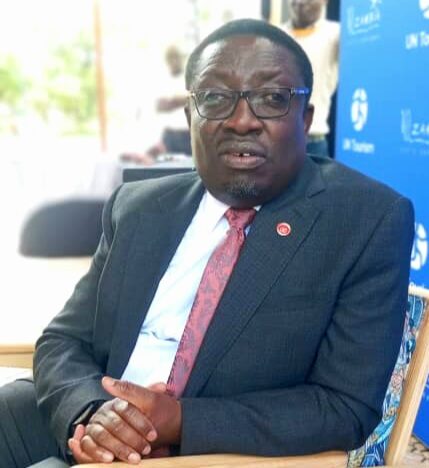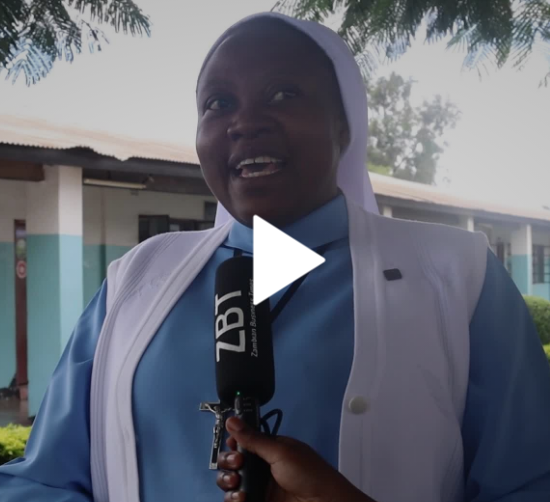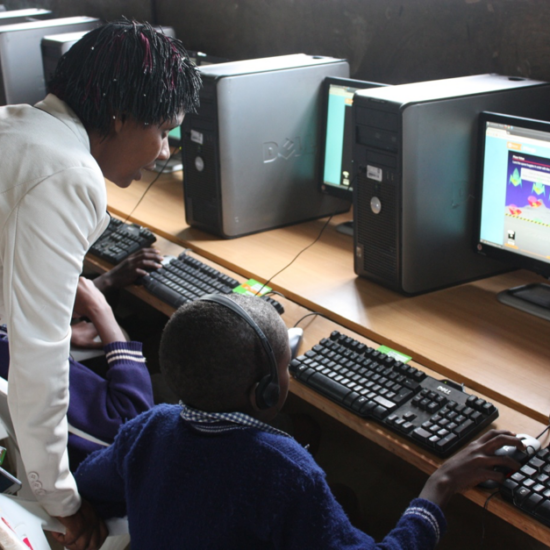
Despite the massive development in various sectors of the economy, mobile network access is still a big impediment for the citizenry largely in the outskirts of the Country.
Zambia’s mobile network towers deficit currently stands at 900 countrywide with the Ministry of Science and Technology Permanent Dr. Brilliant Habeenzu confirming that the Universal Access Fund is not capable of financing an extensive rollout of towers Countrywide.
The Universal Access and Services Fund (USAF) is a fund that is propelled by contributions of 1.5 percent by mobile network operators (MNOs).
Speaking in an exclusive interview with the Zambian Business Times (ZBT) Dr. Habeenzu highlighted that the fund can only manage to finance 30 towers in a year and solely depending on it would take the digital inclusion agenda years to be realized.
“We have been using the USAF from the time it was established, we are getting to those underserved and unserved areas but remember that it can only give you about 31 or at times even below the stated figure every year and the gap is such that if at all we were to cover the entire Country we need about 900 towers and now 900 divided by 30, it would take 30 years to achieve the agenda to connecting the entire Country,” he said.
Dr. Habeenzu echoed that this has culminated in the allowance of MNOs to contribute to the setting up of towers in places that are deprived.
He further disclosed that to reduce the number of towers that must be set up, the Govt issued a spectrum in 700 and 800 frequency bands which enables one tower to have an extensive coverage.
Dr. Habeenzu stated that in reaching out to the far-flung areas in network distribution there are benchmarks that are being undertaken, “If we are to go by equitable distribution it means that we might miss the target in one way or the other, it is possible that in one area in the process of saying equitable distribution there are only three people that are going to benefit, and in another area you might have 100 people that are going to enjoy the facility, we are targeting the population and not the areas, so those areas with bigger population are likely to be extensively covered so that it helps the MNOs not to make losses.”







